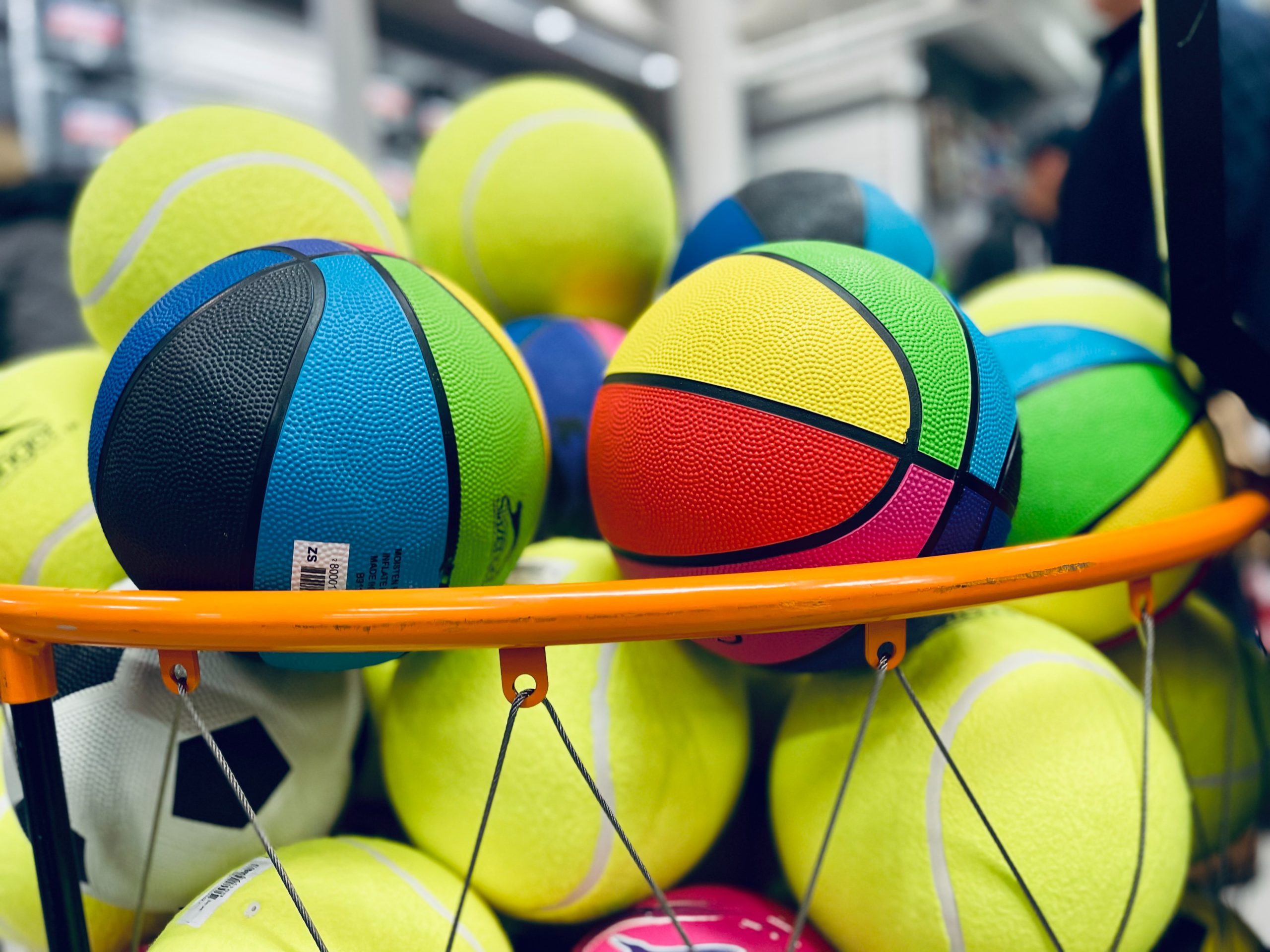What unique risks and exposures do sporting goods stores face? Sporting goods stores may specialize in a specific sport such as skiing or hunting, or they may offer clothing, equipment, and accessories for a wide range of sporting, hunting, and fishing activities. Some stores also offer equipment rentals, repair services, trade-ins, and used equipment sales, as well as classes and excursions for specific sports. As a trusted small business insurance agent or broker, you may find these various activities make it challenging to write these types of business. In this blog, we break down recommended coverages and how you can easily explain them to your clients.
Sporting goods stores face unique property exposures, such as high-value inventory as well as equipment rentals. Appropriate security measures should be in place, including physical barriers to prevent entrance to the premises after hours and an alarm system that reports directly to a central station or the police department. Theft is also a major concern, and all precautions must be taken to prevent it.
Crime
Crime exposures come from employee dishonesty and loss of money and securities either from holdup or safe burglary. Background checks should be conducted on all employees handling money. Money should be regularly collected from cash drawers and moved away from the collection area, preferably to a safe on the premises. Bank drops should be made throughout the day to prevent a buildup of cash on the premises.
Inland Marine
Inland marine exposures may arise from accounts receivable if the store offers credit, bailees customers if the store accepts customers’ items for repair, computers to transact sales and monitor inventory, exhibitions, and goods in transit if the store takes goods to trade shows, and valuable papers and records for vendors’ and customers’ records. Backup copies of all records, including computer records, should be made and stored off-premises.
Liability
Premises liability exposure comes from slips and falls due to public access to the premises. All stock should be on sturdy shelves that are easily accessible to customers. Floor coverings should be in good condition, with no frayed or worn spots on the carpet and no cracks or holes in the flooring. Sufficient exits must be provided and be well marked, with backup lighting systems in case of power failure. If equipment is rented, it must be reconditioned before it is rented again.
So, what coverages should you recommend for sporting goods stores?
Given the unique risks and exposures facing sporting goods stores, it’s important to provide appropriate insurance coverage. The minimum recommended coverage includes business personal property, business income, employee dishonesty, money, and securities, accounts receivable, bailees customers, computers, valuable papers and records, general liability, and hired and non-owned auto. Building coverage, whether leased or owned, is important too!
In summary, insurance agents and brokers should consider writing policies for sporting goods stores due to the unique risks and exposures they face. By providing appropriate coverage, agents and brokers can help these businesses protect their livelihoods and thrive in their communities. So how can you channel your inner champion by writing small business insurance? Let Coterie Insurance show you how!





